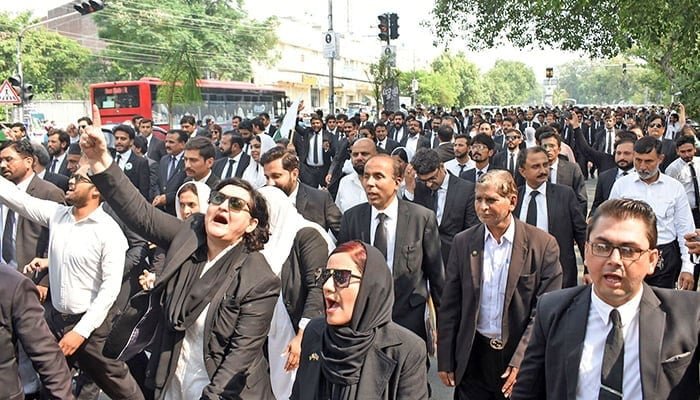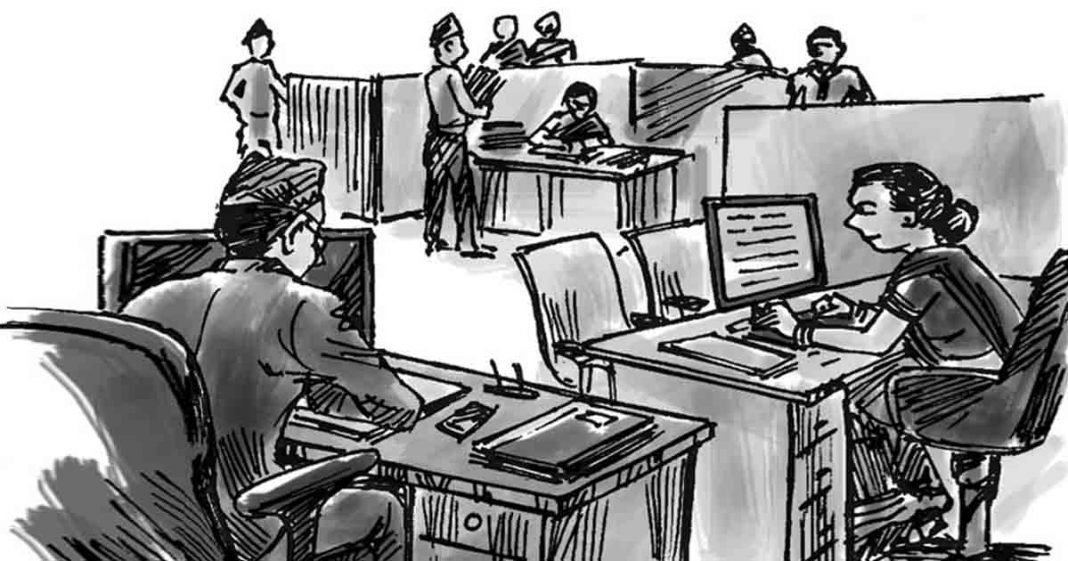Mustafa Ahmed
The present crisis in Bangladesh, involving the ousting of Prime Minister Sheikh Hasina, holds significant importance for the region due to its potential implications for neighbouring nations. The sudden upheaval and the subsequent transition to an interim government under Muhammad Yunus has introduced a new dynamic to the political landscape. Notably, the emergence of young leaders assuming ministerial roles in the interim administration adds a unique and significant characteristic to this upheaval, piquing the interest of the audience.
Moreover, the crisis raises questions about the potential involvement of the military in the governance of the nation, adding a layer of complexity to the current situation. This has significant implications for the entire region, as it prompts broader discussions about the future of Bangladesh and its potential impact on neighboring nations, fostering a sense of concern and awareness in the audience.
Additionally, the crisis in Bangladesh serves as a reminder of the intertwined histories and complexities of the region, prompting a broader conversation about the future of South Asia and the potential spillover effects of political upheaval in one country on the stability and dynamics of neighbouring nations.
The sudden and dramatic upheaval in Bangladesh, culminating in the abrupt removal of long-standing Prime Minister Sheikh Hasina in a mass uprising, has reverberated through the region and beyond. This unexpected turn of events has sparked widespread interest and concern, prompting reflections on the country’s remarkable development and its potential implications for other nations in the region.
For many, Bangladesh’s trajectory from being dubbed a “basket case” at its inception in 1971 to becoming a symbol of progress in South Asia has been nothing short of miraculous. Much of this progress took place under the authoritarian rule of Sheikh Hasina, the daughter of the country’s founding leader, Sheikh Mujibur Rahman. However, her recent ouster and subsequent flight to India mark a significant turning point in the country’s history, raising important questions about the nature of the uprising and its broader significance.
The timing of these events, notably amidst significant historical milestones, adds a layer of complexity and depth to this unfolding situation. August, a month marked by pivotal moments in the history of the subcontinent, has seen a sudden change in Bangladesh’s leadership. From the anniversary of India’s revocation of Kashmir’s special status to significant historical events in Pakistan’s own past, the interconnectedness of these events underscores the wider implications for the region’s political and social landscape, making the audience feel the gravity and complexity of the situation.
The immediate trigger for Sheikh Hasina’s ouster was a series of protests against the government’s quota system for public jobs, which escalated into a period of violent unrest. This upheaval led to the resignation of the prime minister and her subsequent exile, underscoring the profound nature of the crisis that has gripped the nation.
The transition to an interim government under the leadership of Nobel Peace Prize winner Muhammad Yunus has introduced a new dynamic to the political landscape. Notably, the involvement of student leaders in the forefront of the movement, with young leaders assuming ministerial roles in the interim administration, is a unique and significant characteristic of this upheaval.
The underlying sociopolitical factors contributing to these events, including the role of civil society and the empowerment of women, are central to understanding the Bangladesh model. While the country has achieved remarkable economic progress, concerns arise about the potential implications of the political upheaval on Bangladesh’s secularism and the resurgence of Islamist influences.
At present, the nation grapples with a critical situation marked by a breakdown of law and order, leaving ordinary citizens feeling unsafe and vulnerable. The interim government faces the daunting task of filling the power vacuum and steering the country through this tumultuous period. This situation raises questions about the potential involvement of the military in the governance of the nation, adding a layer of complexity to the current crisis.
As the crisis unfolds, the implications of Bangladesh’s recent political upheaval reverberate beyond its borders. The events in this South Asian nation serve as a stark reminder of the complexities and intertwined histories of the region, prompting a broader conversation about the future of Bangladesh and its potential impact on neighboring nations.
Pl subscribe to the YouTube channel of republicpolicy.com















